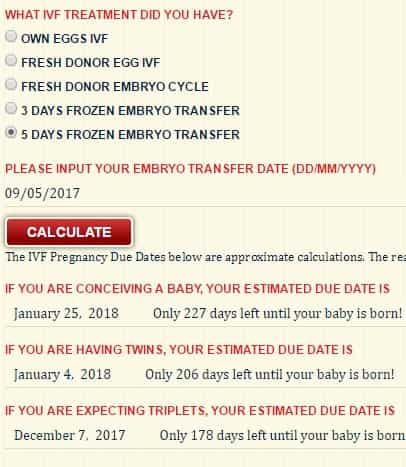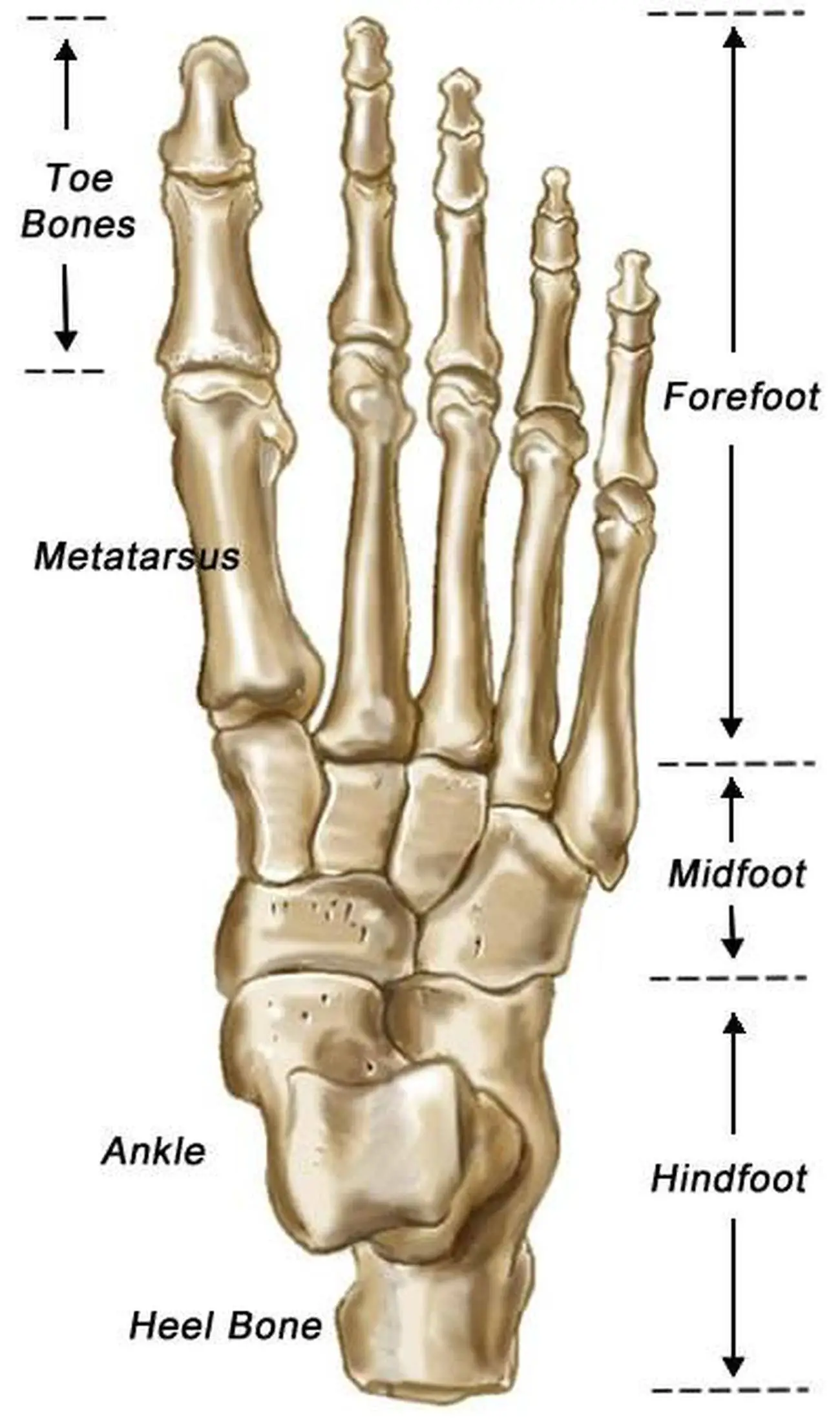


For women who have a BMI over 40, or a BMI over 35 with signs of metabolic disease (pre-or type 2 diabetes, high blood pressure or heart disease), and do not experience positive results despite making lifestyle changes, bariatric surgery may be an option to decrease the weight and increase the chances of a healthy pregnancy. 
Contact our team at 21 if you need help in dealing with these issues, or if you have a history of eating disorders, restrictive or binge eating
Mental health, including anxiety, depression and stress, can certainly impact our weight. Medication may be indicated to help with weight loss, particularly for women with PCOS who also show signs of pre-diabetes. Lifestyle modifications can help to make significant improvements to get you closer to your ideal weight Weight can be influenced by underlying genetics and family history, other conditions (particularly polycystic ovary syndrome, PCOS), diet and exercise. Being under- or overweight can not only interfere with ovulation and fertility, but also increase the miscarriage rate. The “apple” body type, where fat tends to accumulate in the abdomen, can put you at risk for metabolic problems even if your BMI is not very high Also important to note, BMI does not account for body fat distribution. A higher BMI could be reflective of high muscle mass for those that work out regularly. Achieving a BMI between 18.5 and 40 is necessary before starting fertility treatment, and to avoid medical complications, it must be under 40 before starting an IVF cycle Aiming for a normal body mass index (BMI, 18.5-24.9) is the best recommendation for your optimal health and provides the highest chance of a regular ovulatory menstrual cycle. Here are some facts to help put your BMI into context: Maintaining a healthy body mass index (BMI) is very helpful when it comes to achieving a pregnancy. Intracytoplasmic Sperm Injection (ICSI). The main source of income for The Fetal Medicine Foundation is The Fetal Medicine Centre.Reproductive Medicine Associates of New York Further information is available in the Trust’s Annual Accounts. In 2016/2017, the Fetal Medicine Foundation made a donation of £22 million to King’s College Hospitals NHS Foundation Trust for investment in the Trust's Fetal Medicine services.  Prediction and management of fetal growth restriction. Prediction and prevention of stillbirth. Prediction and prevention of preterm birth. Prediction and prevention of preeclampsia. Development of safer techniques for prenatal diagnosis. In the last 20 years, The Foundation has supported research and training in the following areas through grants to a total of more than £23 million:
Prediction and management of fetal growth restriction. Prediction and prevention of stillbirth. Prediction and prevention of preterm birth. Prediction and prevention of preeclampsia. Development of safer techniques for prenatal diagnosis. In the last 20 years, The Foundation has supported research and training in the following areas through grants to a total of more than £23 million: #Fet calculator series
The Foundation, with the support of an international group of experts, has introduced an educational programme both for healthcare professionals and parents and a series of certificates of competence in different aspects of fetal medicine. The Fetal Medicine Foundation is a Registered Charity that aims to improve the health of pregnant women and their babies through research and training in fetal medicine.








 0 kommentar(er)
0 kommentar(er)
